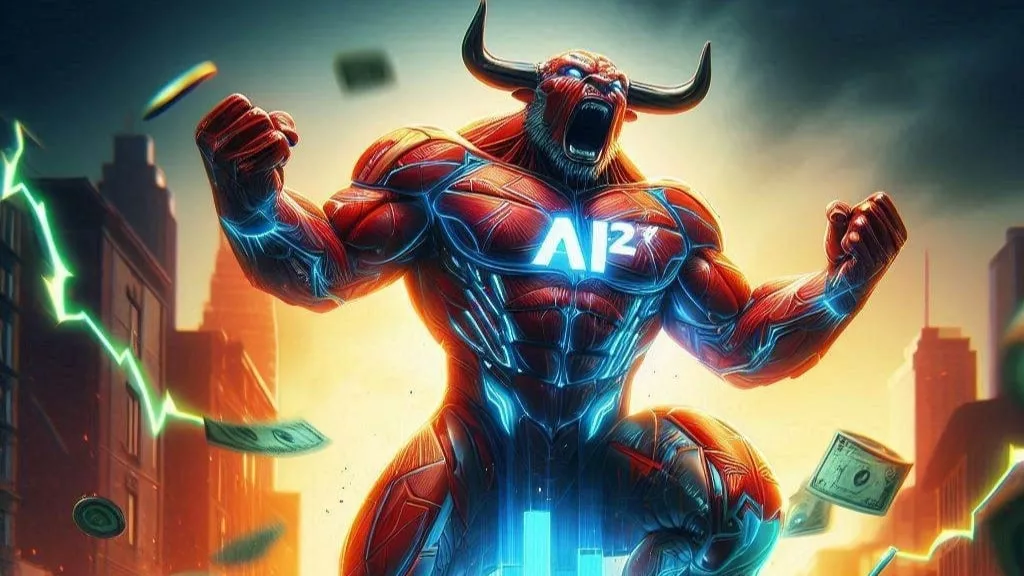
In the fast-paced world of cryptocurrency influencers, a legal battle is unfolding that has captured the attention of crypto enthusiasts and legal experts alike. Ben Armstrong, better known as “BitBoy,” is embroiled in a dispute with BJ Investment Holdings over his removal from the BitBoy brand. As the crypto community watches with bated breath, legal experts suggest that this situation resides in a murky “gray area” of influencer contracts.
The crux of BitBoy’s legal battle revolves around the scrutiny of moral clauses within his influencer contract. BJ Investment Holdings contends that they removed Armstrong due to alleged substance abuse and manipulative behavior, leading to a cascade of online speculation and debates within the crypto sphere.
The situation took an unexpected turn when Armstrong made a heartfelt plea on social media, requesting financial support from his followers to aid in his legal defense. He claimed that the media company had depleted his financial resources, leaving him unable to mount a proper defense:
“I’m humbly asking anyone who has ever benefitted from my content or anything I’ve done to help donate to my legal fund to get BitBoy Crypto back.”
Enter crypto lawyer Harrison Dell, a legal expert closely monitoring the situation. Dell asserts that while the company may possess the authority to terminate Armstrong based on moral grounds, the termination stemming from “this kind of behavior” remains a legal gray area. Dell highlights that Armstrong still maintains ownership of the company but has lost his directorial powers:
“The complaint shows that BitBoy still owns 67% of BJIH. He has lost control as a director/controller only. The defense will likely rely on a morals or behavior clause in an agreement, as BitBoy’s alleged behavior appears to be the cause of the legal issues here.”
Dell believes it’s highly probable that strong moral clauses were included in the influencer contracts, given the nature of the crypto business. Additionally, he suggests the presence of shareholder agreements, which may grant the defendants additional rights to terminate directors who breach such clauses. These agreements could encompass not only moral clauses but also behavior clauses or custom-designed provisions tailored to BitBoy:
“It’s very likely there were strong moral clauses here as BitBoy needs to maintain a positive personal brand, or the business will suffer. Clearly, it has in recent months.”
The saga began to unravel on August 28 when rumors circulated within the crypto industry, triggered by statements made by well-known crypto personalities. These statements, issued by “Around The Blockchain,” declared that Ben Armstrong was being immediately removed from the brand:
“Effective immediately, Ben Armstrong will no longer be working with Hit Network/BJ Holdings and all subsidiary brands including but not limited to BitBoy Crypto and Around The Blockchain.”
Armstrong had already found himself entangled in controversies earlier in the year. On April 20, he failed to appear for his court hearing, where he was supposed to address allegations of harassing attorney Adam Moskowitz. Moskowitz represents a group of investors suing several influencers for promoting the now-defunct crypto exchange FTX, with Armstrong being one of the defendants in the case.
As the legal battle unfolds, it raises critical questions about the influencer-contract dynamic within the crypto industry. Influencers, who often serve as the face of cryptocurrency brands, are under increasing scrutiny, and their behavior can have far-reaching consequences for both their personal brands and the businesses they represent.
The presence and enforceability of moral clauses in influencer contracts are now in the spotlight. These clauses are designed to protect the reputation of brands and companies by allowing them to sever ties with influencers who engage in behavior deemed detrimental to the brand’s image. However, as the BitBoy case demonstrates, interpreting and enforcing these clauses can be highly contentious.
Influencers like BitBoy play a pivotal role in shaping public perception and driving interest in the crypto industry. Their followers trust their opinions and recommendations, which can significantly impact market trends and investments. Consequently, crypto brands are increasingly focused on safeguarding their image by including robust contractual provisions.
The legal community is closely observing this case, as it could set important precedents for influencer contracts in the crypto space. If BJ Investment Holdings can successfully terminate BitBoy’s association based on moral clauses, it may encourage other crypto brands to take similar actions against influencers whose actions could harm their reputation.
However, the case also highlights the need for clarity in contract language and the importance of clear definitions of behavior that could trigger such clauses. Ambiguities in contract language can lead to protracted legal battles and uncertainty for all parties involved.
As the BitBoy legal battle continues to evolve, it serves as a reminder that the crypto industry, while known for its innovation and rapid growth, is not immune to legal challenges. The influence of crypto influencers is undeniable, and the stakes are high. In this complex and ever-changing landscape, the interpretation of moral clauses and behavior clauses in influencer contracts will remain a topic of significant interest and debate.
In a world where the line between personal and professional conduct is often blurred, the BitBoy case underscores the need for influencers and brands to carefully consider the terms of their contractual agreements and the potential consequences of their actions. It’s a lesson that extends beyond the crypto industry and serves as a cautionary tale for influencers and businesses across various sectors.
As we await further developments in the BitBoy legal saga, one thing is clear: the influence of crypto influencers in the digital age comes with immense responsibility, and the legal ramifications of their actions are far from black and white. The crypto industry, like any other, must grapple with the complexities of contractual agreements and ethical considerations, as it navigates the uncharted waters of influencer relationships in the age of digital currencies.



Get the latest Crypto & Blockchain News in your inbox.